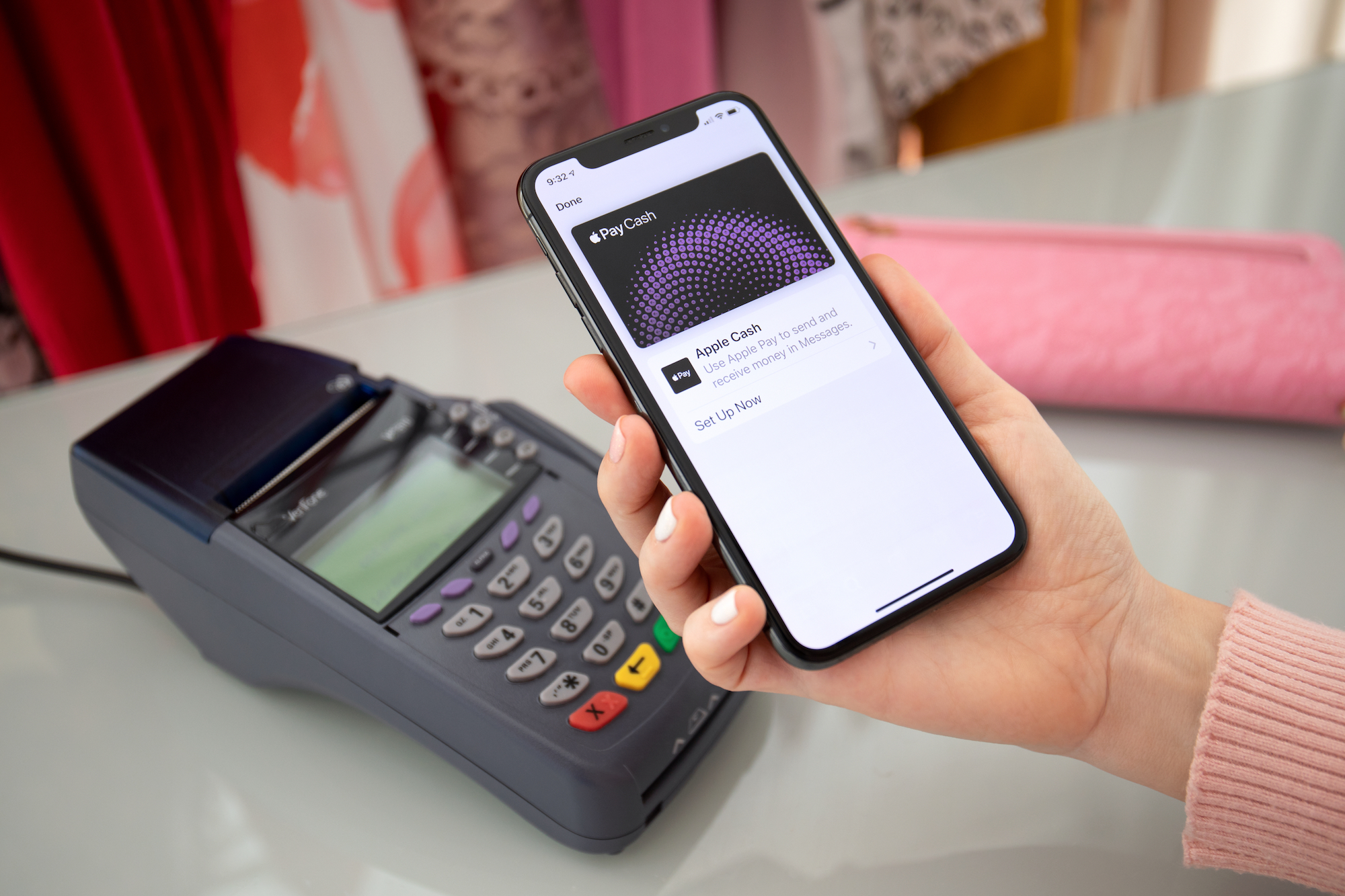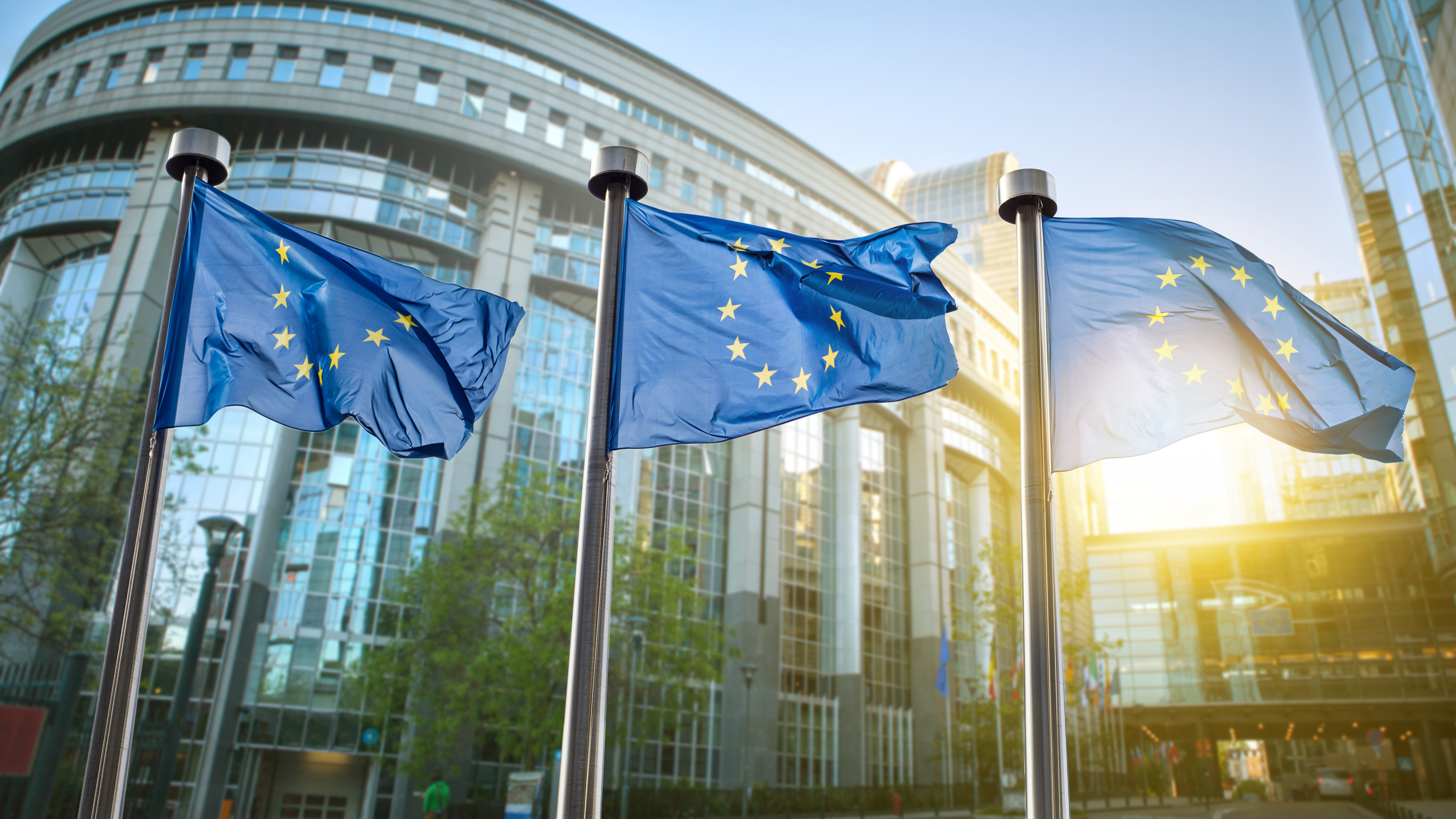The EU will force Apple to offer alternatives to Apple Pay on iPhone — what you need to know

The EU has been coming for Apple for all sorts of issues, especially after the Digital Markets Act passed, and now it sounds like the union just scored another victory over the company. Specifically, Apple has agreed to stop locking down NFC on the iPhone, which should allow third party developers access to the company’s tap-and-go payment technology.
According to the European Commission, Apple has made a “legally-binding” commitment to let developers access the tap-and-go technology. This also means developers will gain access to Face ID authentication systems, the double-tap to launch payment shortcuts and let users set a third party wallet as their default payment app.
While Apple may end up losing a slice of its Apple Pay and Wallet revenue, the alternative would have been a lot more costly. The company was faced with the prospect of an anti-trust fine worth up to 10% of its global annual turnover — or around $40 billion.
Margrethe Vestage, the EU's executive vice president in charge of competition policy said that this move “pens up competition in this crucial sector, by preventing Apple from excluding other mobile wallets from the iPhone's ecosystem”. Vestage added that “competitors will be able to effectively compete with Apple Pay for mobile payments with the iPhone in shops. So consumers will have a wider range of safe and innovative mobile wallets to choose from”
The investigation has been going on for many years now, and during that time the European Commission found that “Apple abused its dominant position by refusing to supply the NFC input on iOS to competing mobile wallet developers.” Instead keeping everything exclusive to Apple Pay and depriving users of the choice to use an alternative payment system.

Apple offered to open up NFC technology earlier this year, which the Commision publicly shared to encourage rival providers to have their say in the final terms. The initial terms were then amended, with both sides agreeing to a series of rules and commitments — all of which can be read in the EC’s press release. These commitments will be enforced for 10 years, and apply to everywhere within the European Economic Area.
Of course the ability to switch payment providers will rely on developers actually providing alternatives to Apple Pay and Wallet on the iPhone. While I have no doubt many developers are interested in that, it’s going to take time to build and release those services.
Get instant access to breaking news, the hottest reviews, great deals and helpful tips.
It’s also unclear whether Apple will be opening up this functionality outside the EU, or whether it will remain an EU-exclusive feature like the ability to use third party app stores. If the app store issue is anything to go by, Apple won’t be pulling Apple Pay out of its default position unless absolutely necessary. But we’ll just have to wait and see how that goes.
More from Tom's Guide
- Forget iPhone 16 Pro, the big camera upgrades could come to iPhone 17 Pro and 19 Pro
- iOS 18 adding new background sounds to help iPhone users destress
- iPhone 16 Pro just tipped for huge charging boost

Tom is the Tom's Guide's UK Phones Editor, tackling the latest smartphone news and vocally expressing his opinions about upcoming features or changes. It's long way from his days as editor of Gizmodo UK, when pretty much everything was on the table. He’s usually found trying to squeeze another giant Lego set onto the shelf, draining very large cups of coffee, or complaining about how terrible his Smart TV is.










